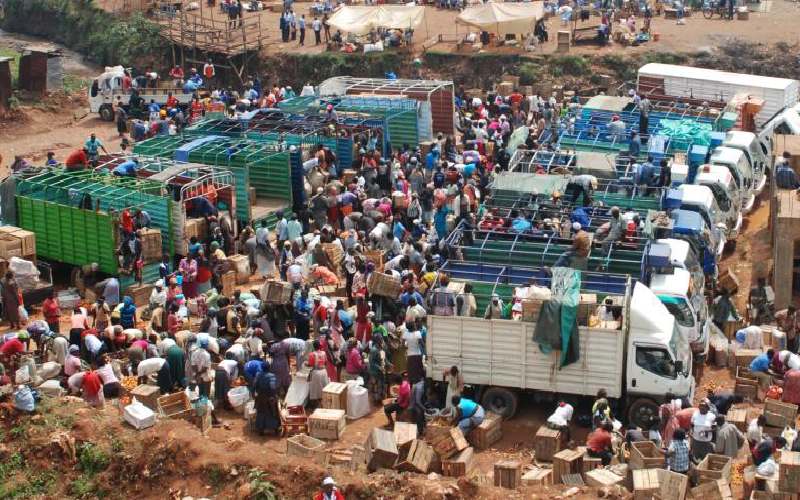
Times of crisis require difficult trade-offs between competing public interests. On the one hand, for example, the Government has announced a curfew in a bid to halt the spread the Covid-19. On the other, there are challenges with contraventions of constitutional freedoms like the freedom of movement and association.
It is undeniable that fundamental human rights — the right to freedom of assembly, to liberty, and in some instances to due process — have to be balanced against the urgent collective need of society and countries around the world to flatten the curve of the virus’s spread.